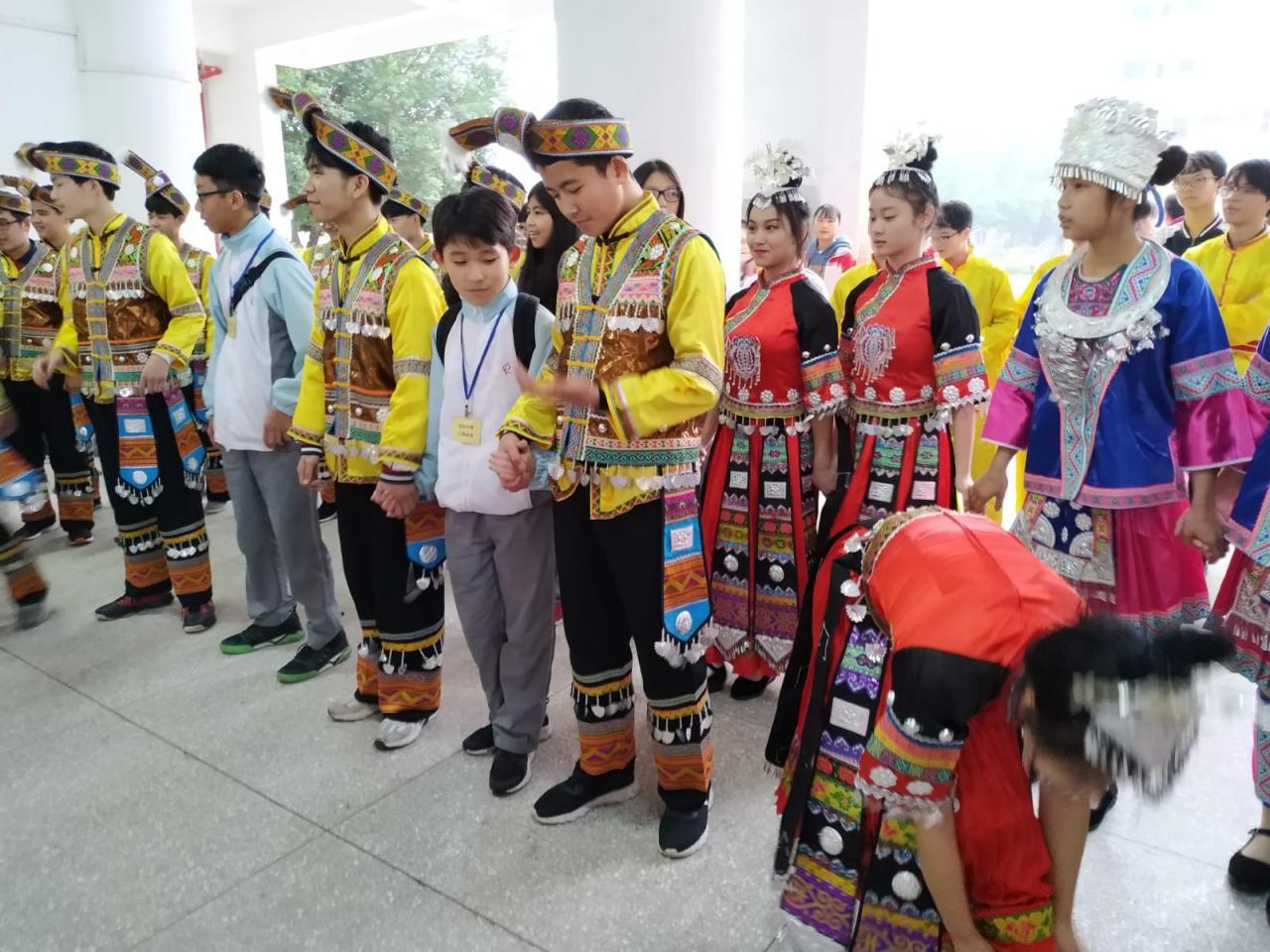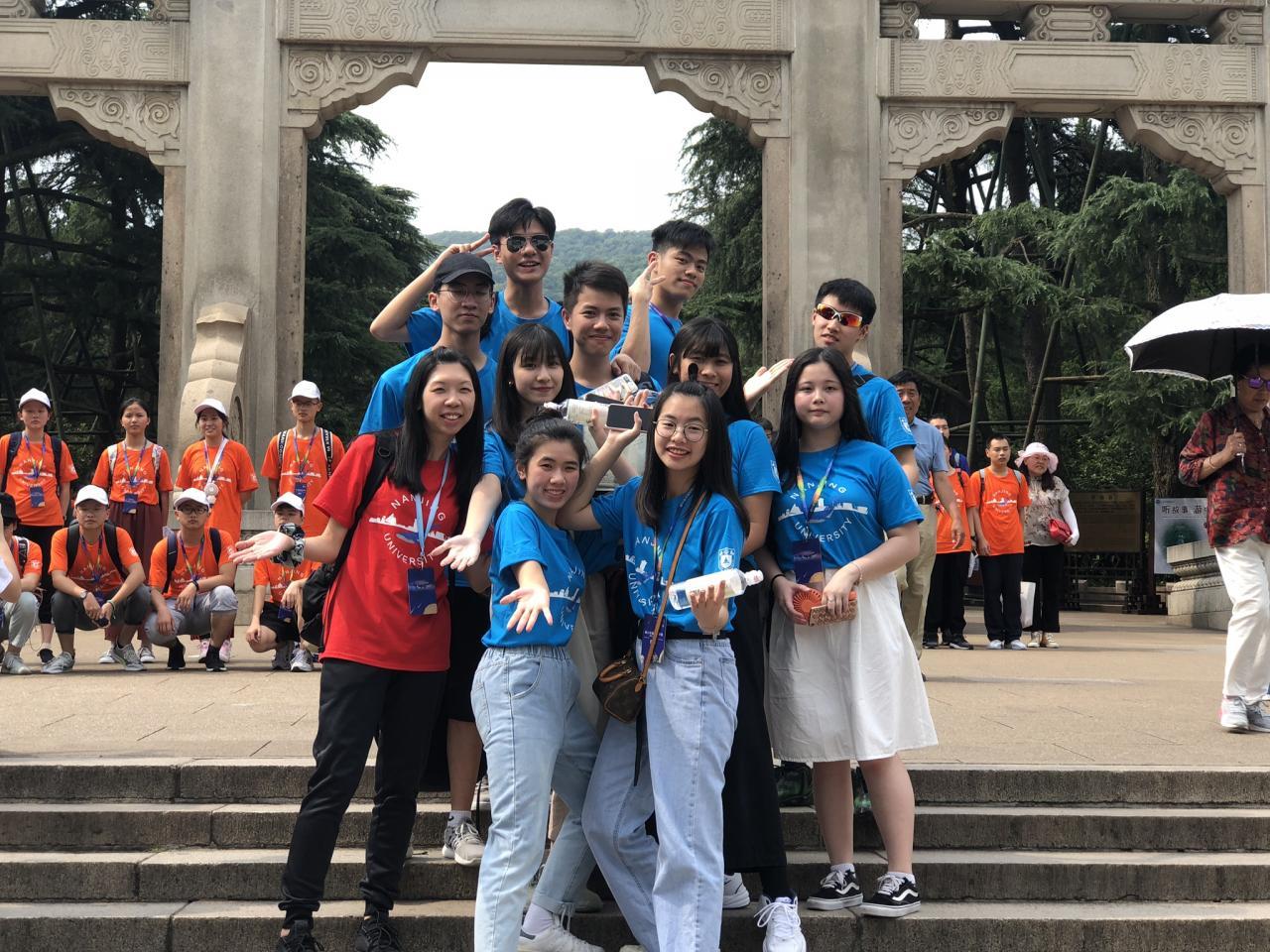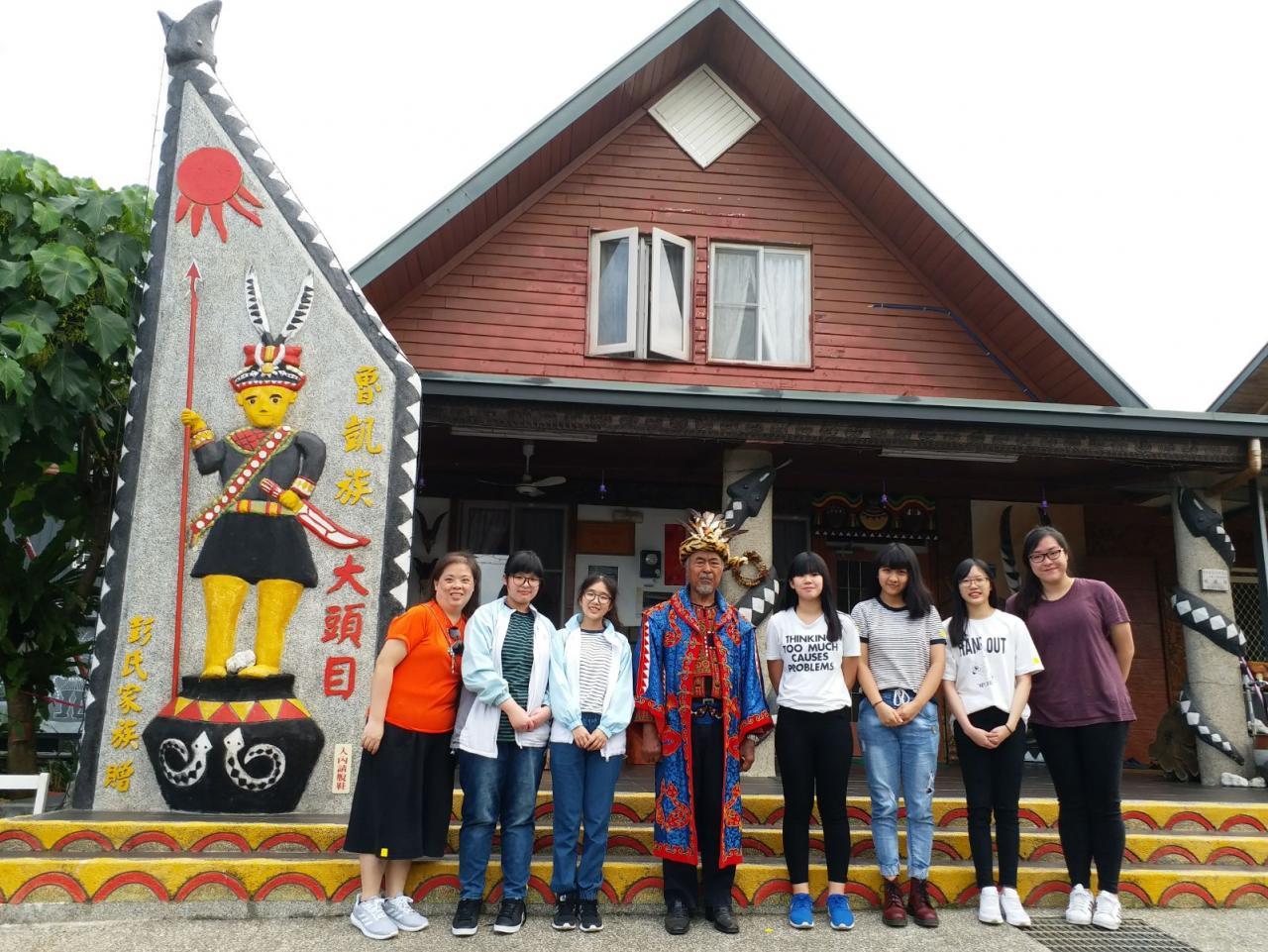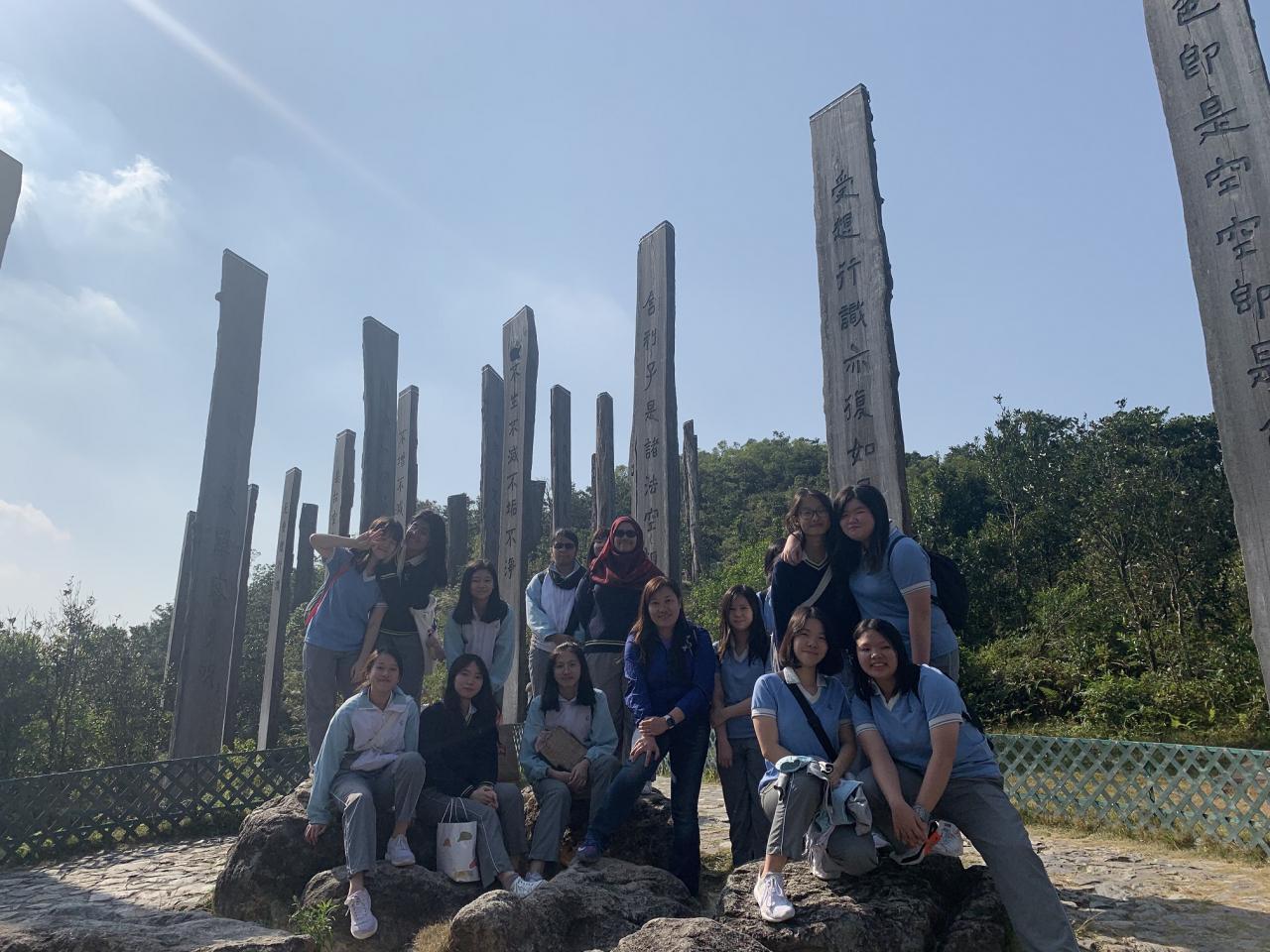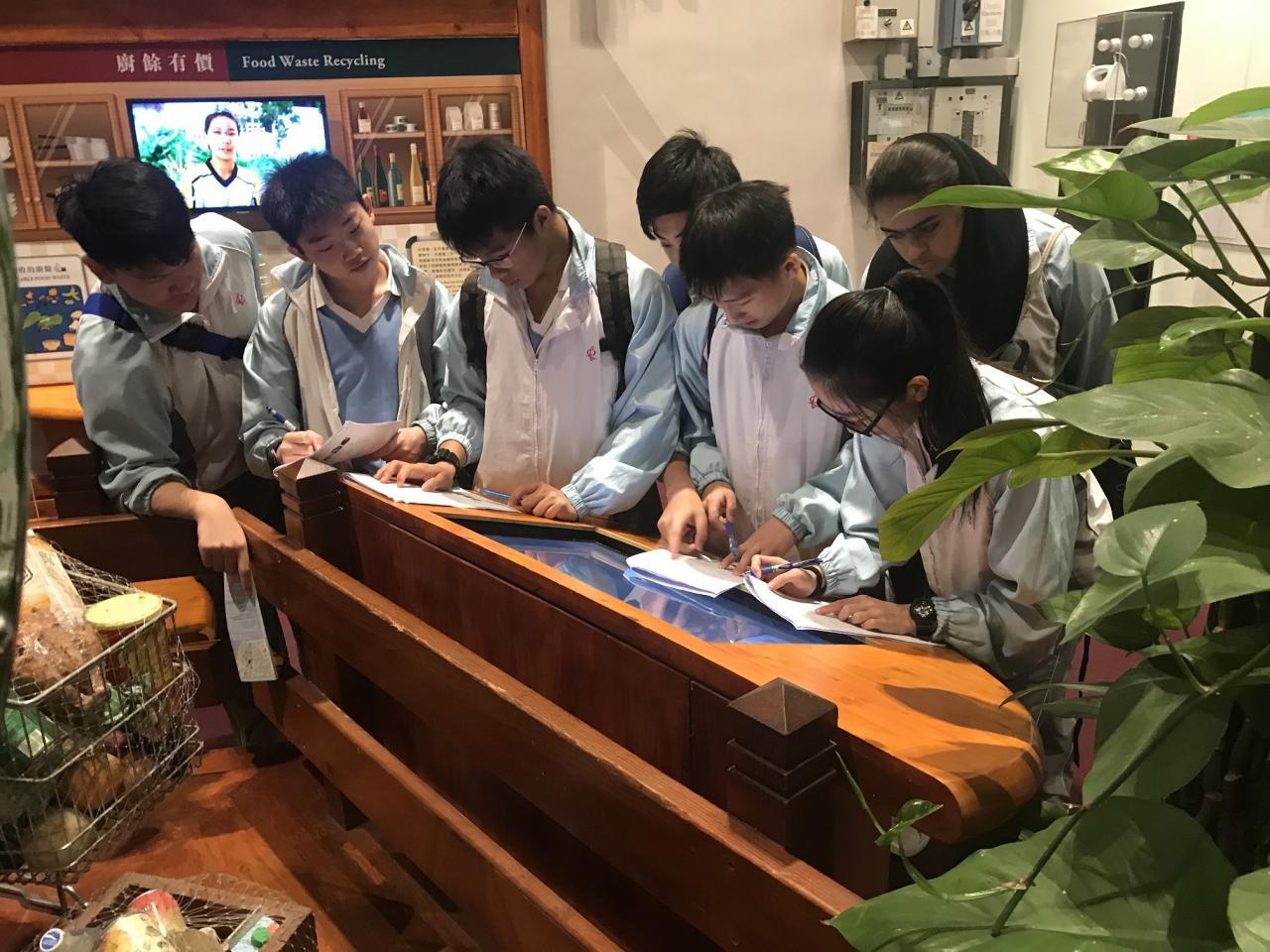A- Authentic Learning
- Self-Directed Learning: Classroom teaching moves away from traditional one-way instruction and emphasizes self-directed learning. We promote "flipped classroom" teaching, challenging the traditional concept of teaching and learning. In this approach, students take the central role in the learning process while teachers act as mentors and learning partners. Through classroom interaction and sharing, students develop higher-order thinking, ignite their interest and creativity, and become active and motivated learners, constructing knowledge.
- Boundless Learning: In addition to classroom learning, various subjects also emphasize elements of multicultural learning, encouraging students to go beyond the classroom and even beyond Hong Kong to explore the world. Throughout their six-year learning journey, students have the opportunity to participate in themed study tours in different regions such as Taiwan, Korea, Japan, Australia, New Zealand, Europe, and the Americas. To internalize students’ see and hear into knowledge, attitudes, skills, and values.
- Experiential Learning: Experiential learning focuses on providing students with opportunities to engage and interact with society. We implement whole school service learning programs that strengthen students' understanding and experience of how society operates and its needs. Through experiences from various curriculum, students learn positive values. For example, rock climbing courses can cultivate students' perseverance and the spirit of taking on challenges, while diverse talent courses equip students the ability to observe and appreciate arts. We also strive to promote various activities and competitions at both the regional and international levels, such as English musicals, micro-fiction writing competitions, Hong Kong Inter-Primary School English Folk Song Group Singing Contest, and Hong Kong Inter-Primary school STEAM and Innovative awards. These activities broaden students' learning experiences, keeping them in tune with the pulse of social development.
- Inquiry-Based Learning: Teachers arrange thematic inquiries for students to conduct research, collect and analyze data, and reach suggestions, observations and conclusions. This learning model fosters students' collaboration, problem-solving, organization, and higher-order thinking skills, while strengthening their sense of ownership of knowledge.
- Cross-Curricular Learning: Current school curricula are divided into subjects and levels, fragmenting knowledge and educational experience. We actively promote cross-curricular learning to ensure that students grasp the completeness of knowledge.
- Generic Skills: 21st-century talents need to possess generic skills. Therefore, we provide a diverse range of extracurricular activities. In addition to school-based activities, we also organize various types of inter-school activities, such as debate competitions, overseas exchange groups, and leadership training camps. Through team activities, cooperation, and experiences, we help students understand themselves, develop their potentials, and encourage them to express, communicate, and share, as well as learn about caring and respecting others.
- Drama Education: To enhance students' generic skills, we have specifically introduced drama as a subject in junior form. Through training in scriptwriting, acting, and directing, students develop skills in collaboration, communication, expression, problem-solving, creativity, and critical thinking. This experiential learning approach strengthens students' higher-order and creative thinking.
- Social and Emotional Intelligence: With teachers and students coming from different backgrounds, the school environment becomes a microcosm of society. Through the aforementioned self-directed learning, flipped classrooms, and diverse activities both within and outside the school, we foster close interactions between teachers and students, among students themselves, and between students and society, cultivating positive social and emotional intelligence in students.

